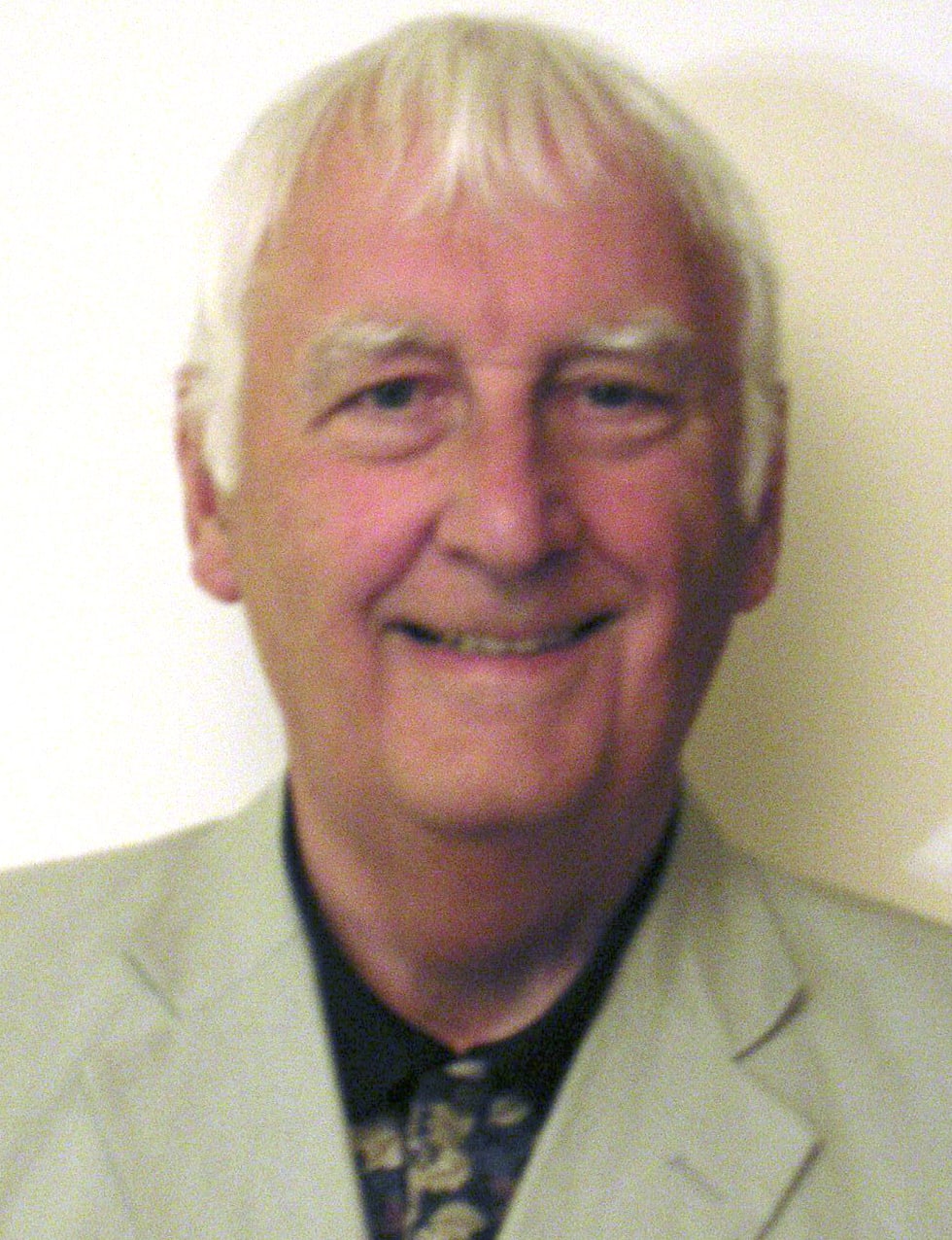
David Taylor
1933 - 2021
Professor David Charles Taylor was a world renowned psychiatrist who specialised in the connections between severe brain malfunctions and mental illnesses. Originally making his observations in adult patients his research became increasingly focused on the neurologically vulnerable child. He began his career at the Institute of Psychiatry and the Maudsley Hospital, London, where he became interested in the psychiatric consequences of the epilepsies. Supported by the eminent neuropathologist John Corsellis, he was the first to describe focal cortical dysplasia (Taylor type cortical dysplasia), a now known important cause of surgically treatable epilepsy. This was a notable discovery and has had a long-lasting impact on the field. Taylor was the first clinician scientist to investigate the behavioural effects of patients who had undergone epilepsy surgery and amongst the first to suggest a sex difference in how the brain develops. The latter is a topic of considerable interest in today’s field of cognitive neuroscience.
The observations by Taylor and colleagues on the mental state of their hospital surgical patients suggested an elevated psychosis risk associated with lesions of the temporal lobe compared to other brain area lesions. From his temporal lobectomy patient cohort, Taylor described a schizophrenia -like psychosis that was almost 5 times more likely in those temporal lobe patients with focal dysplasia and other ‘alien’ tumours compared to those with the more common lesion of mesial temporal sclerosis. Recent systematic reviews of this literature have confirmed these early observations regarding the additional risks for psychoses in patients with temporal lobe lesions. Subsequently and throughout his career he contributed to the psychiatric assessment of children with epilepsy. His contribution to the neuropsychiatric evaluation of children for epilepsy surgery at Great Ormond Street Hospital was especially valued. In 2012 the American Epilepsy Society awarded Taylor the William G. Lennox—Cesare T. Lombroso Award for his extraordinary influence and seminal research on the social, economic, and psychological effects of epilepsy surgery on patients with medically refractory seizures.

Following his early pioneering epilepsy work at the Institute of Psychiatry, Taylor moved to The Park Hospital for Children in Oxford, an internationally renowned centre for the study and treatment of children with neuropsychiatric disorders. The ‘Park’ housed the first National Centre for Children with Epilepsy. It was here in Oxford that Taylor found new areas of interest in the emerging field of Child Psychiatry. He developed a profound interest in physical presentations of mental illnesses in young people. These included children who presented with an inability to walk, talk or speak for no apparent physiological reason. Taylor began thinking and writing about these patients as part of the broader concept of somatisation: the presentation of physical symptoms with no known pathophysiology that indexed mental illnesses. He began to reflect deeply on the meaning of being ill but not having any disease to account for the impairments presenting to doctors. These thoughts and reflections were collated in a commentary published in the Lancet in 1979 which he titled ‘the components of sickness: diseases, illnesses, and predicaments’. This essay was to determine in large measure the theoretical framework for his publications throughout the rest of his career. Although diseases of the brain was his grounding, illness was the behavioural level of adaptation as expressed in symptoms, and predicament, perhaps his most original formulation, describes how individuals find themselves in the social world. His very use of the term ‘predicament’ here reflected Taylor’s broad cultural sympathy and impulse to reach out beyond professional jargon to the general public.
In 1980 he was appointed to the Foundation Chair of Child and Adolescent Psychiatry at the University of Manchester. Here he focused his energies on building the department and pursuing his clinical and scientific interest in developmental neuropsychiatry. Together with his students and colleagues Taylor continued to publish on somatisation syndromes and mental states including an important population study showing that childhood somatisation was common in the general population and in many cases a manifestation of mental distress that was unrecognised by others.
David Taylor was deeply proud of his Professorial position and honoured to promote the study and practise of Child Psychiatry. He was generous beyond measure, a wonderful teacher, a charismatic speaker and a proud promoter of the careers of his students and colleagues. He did not want his junior colleagues to be cast in his own image and as such there are many senior academics in the UK and abroad who learned from him, were advised by him but who made their own scientific and clinical agendas with his total support. He was a life-long advocate for the vulnerable child in society and a pioneer in the field of brain and behaviour. Taylor leaves a remarkable legacy in the subject of epilepsy psychiatry and in the study and care of the mental and physical health of the vulnerable child.
Subscribe to the ILAE Newsletter
To subscribe, please click on the button below.
Please send me information about ILAE activities and other
information of interest to the epilepsy community